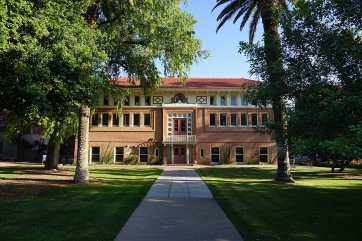While much attention is paid to the similarities between humans and certain primates, a new study detailed another of our non-human cousins: the acorn worm.
According to Live Science, the researchers found humans shared a common ancestor more than 500 million years ago with the acorn worm, which is named for the shape of its head. Even today, the worms' genome is about 70 percent similar to a human's, comprising of about 14,000 of the same genes.
For their study, published in the journal Nature, the researchers examined two modern acorn worm species: Ptychodera flava and Saccoglossus kowalevskii.
"It's an ugly beast," study senior author John Gerhart, a professor of the graduate school at the University of California - Berkeley, said in a press release. "Acorn worms look very different from chordates, which makes it especially surprising that they and chordates, like humans, are so similar on the genomic, developmental and cell biological levels."
The main divergence of humans took from the acorn worm was the development of a pharynx, larynx, various glands, a tongue, and a jaw, whereas the worms kept their gills.
"The presence of these slits in acorn worms and vertebrates tells us that our last common ancestor also had them, and was likely a filter feeder like acorn worms today," study co-author Daniel Rokhsar, a UC Berkeley professor of molecular and cell biology and of physics, said in the releases. "Acorn worms are marine invertebrates that, despite their decidedly non-vertebrate form, are nevertheless among our closest invertebrate relatives."








